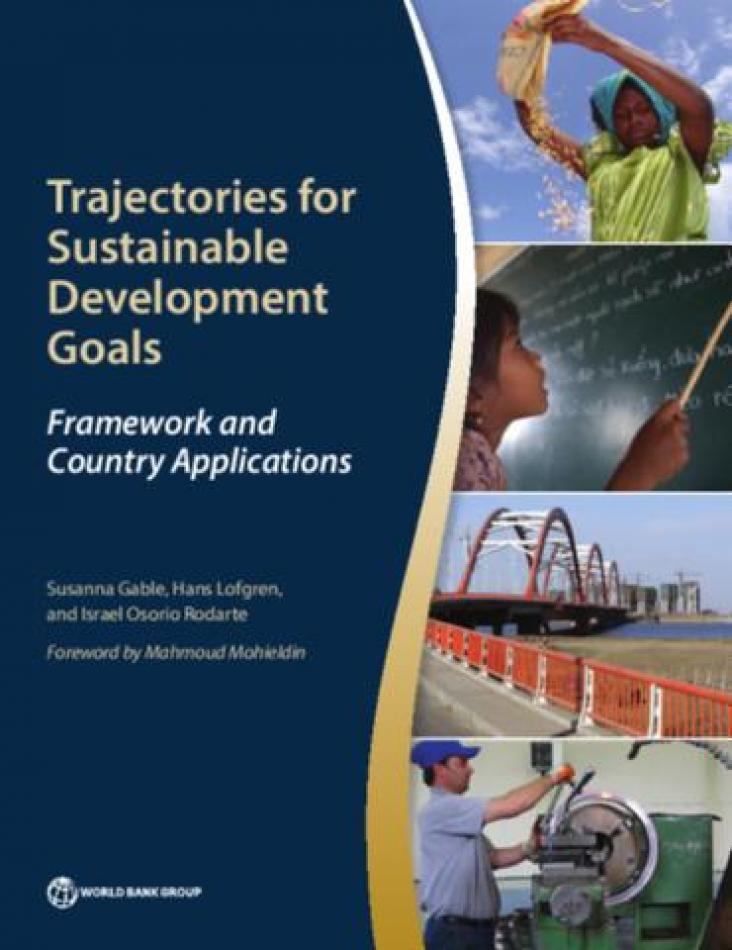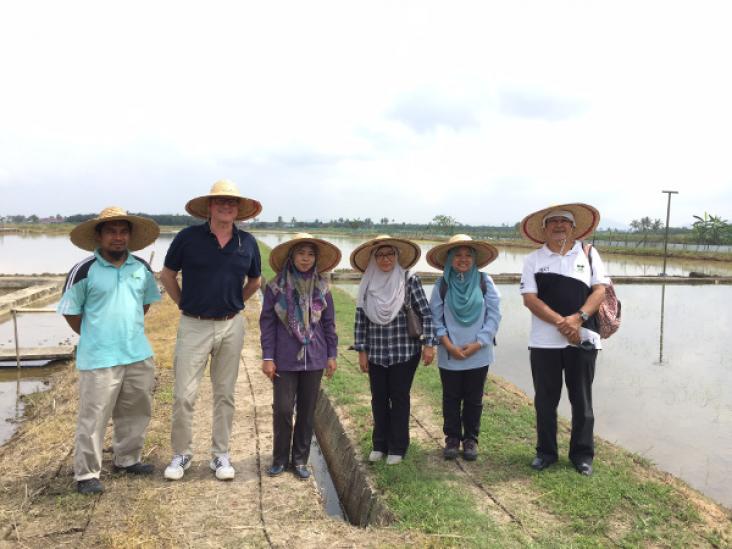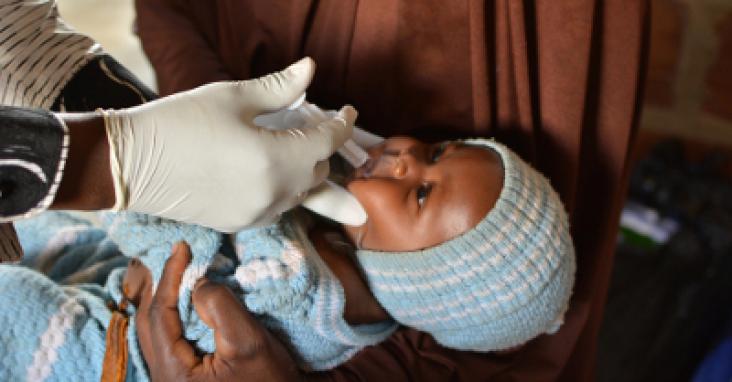
The Cancer Moonshot initiative directly supports SDG 3, Target 3.4 and Indicator 3.4.1. Joe Biden, former VP, and YS Chi, Chairman of Elsevier and Director of Corporate Affairs at RELX Group, received Humanitarian of the Year awards from the United Nations Association of New York (UNA-NY).

This book presents the country development diagnostics post-2015 framework, developed by the World Bank Group to assess the country-level implications of the post-2015 global agenda, as well as brief, ‘at-a-glance’ applications of the framework to ten countries: Ethiopia, Jamaica, the Kyrgyz Republic, Liberia, Nigeria, Pakistan, Peru, the Philippines, Senegal, and Uganda.

The winner of the first ever Green and Sustainable Chemistry Challenge, Dr Suzana Yusup, invited Rob van Daalen (publisher Chemistry and initiator of the Challenge) to make a site visit to see the progress of her project "Biopesticide for Improvement of Paddy Yield". The visit made clear that the Elsevier sustainability program and specifically this challenge have a positive impact on health, environment and society in local communities in Malaysia, enhancing efforts to advance SDGs 1, 6, 12 and 15.

With so many adults living with a serious mental health impairment, it is important to create a good mental health work environment for employees. These eight steps can be used to create a good mental health work environment for employees, while at the same time maintaining compliant policies and practices. The goal of SDG target 3.4 is to reduce premature mortality from non-communicable diseases through prevention and treatment and promote mental health and well-being.

With so many adults living with a serious mental health impairment, it is important to create a good mental health work environment for employees. This article examines how mental health issues can impact the workplace. The goal of SDG target 3.4 is to reduce premature mortality from non-communicable diseases through prevention and treatment and promote mental health and well-being.
Mental ill health is the third biggest cause of absence in the workplace. The mental health equivalent of a physical first-aid course provides participants with the skills and confidence to recognise the signs and symptoms of common mental health issues and effectively guide a person towards the right support. By adpating this course, more efforts can be made to meet SDG 3.4 by utilising preventive methods and treatment to promote mental health and well-being.
This case study looks at the impact of stress on a part-time worker with celebral palsy, and its effect on their well-being. The study shows how using a proactive approach, including the use of HSE stress management standards, can help to avoid negative outcomes for the employee. Stress management in the workplace contributes to the advancement of SDG 3.4 to prevent and treat mental health issues and promote well-being.
PTSD Resolution has launched a training programme for managers with employees who are suffering from PTSD. The programme was initially set up in response to demand from employers of former soldiers. Programmes to tackle PTS contribute to advancing SDG 3.4 to prevent and treat mental health issues and promote well-being

"The Elsevier Foundation is partnering with Médecins Sans Frontières (MSF) and their training and research partner, Epicentre, to support the Niger Research Center. By building the Center's capacity and supporting African-driven research this project directly supports SDG 3, with a focus on target 3B. At the heart of this project is the development of a new vaccine to fight rotavirus."
Employers should address rising stress and mental health risk through collaboration between internal departments and insurance providers. A dedicated employee risk manager is part of the solution, argues Andrew Woolnough, value propositions director at Willis Employee Benefits. Companies have an important role to play in advancing SDG 3.4 to promote mental health and well-being.
